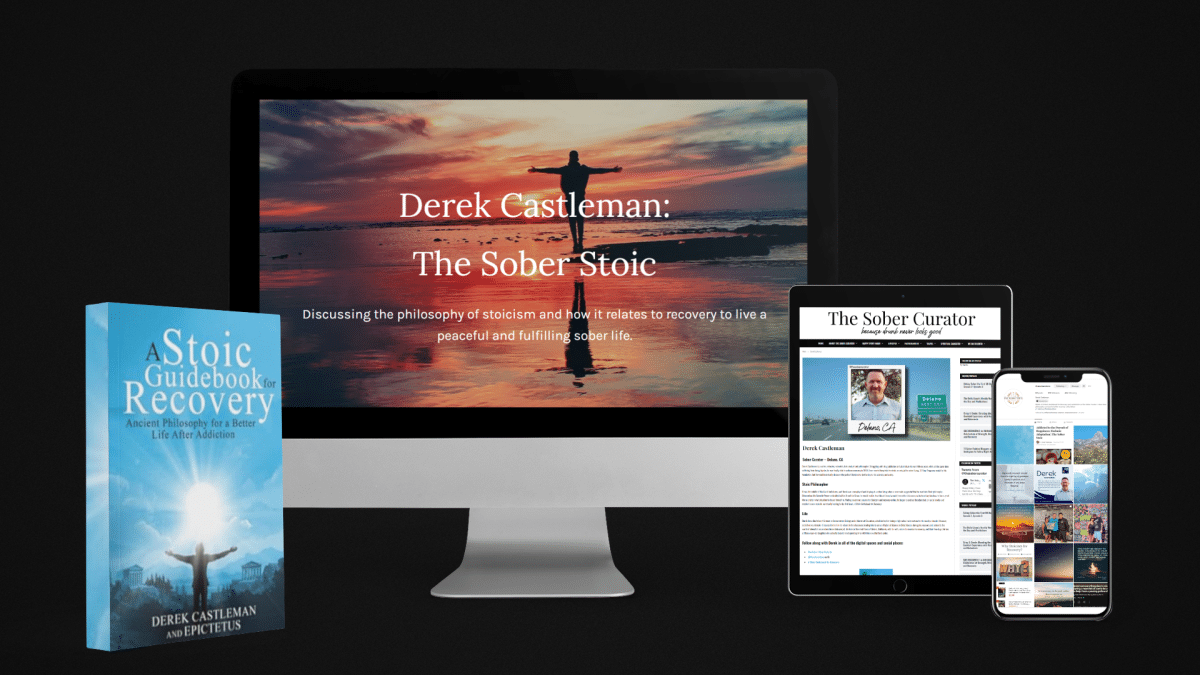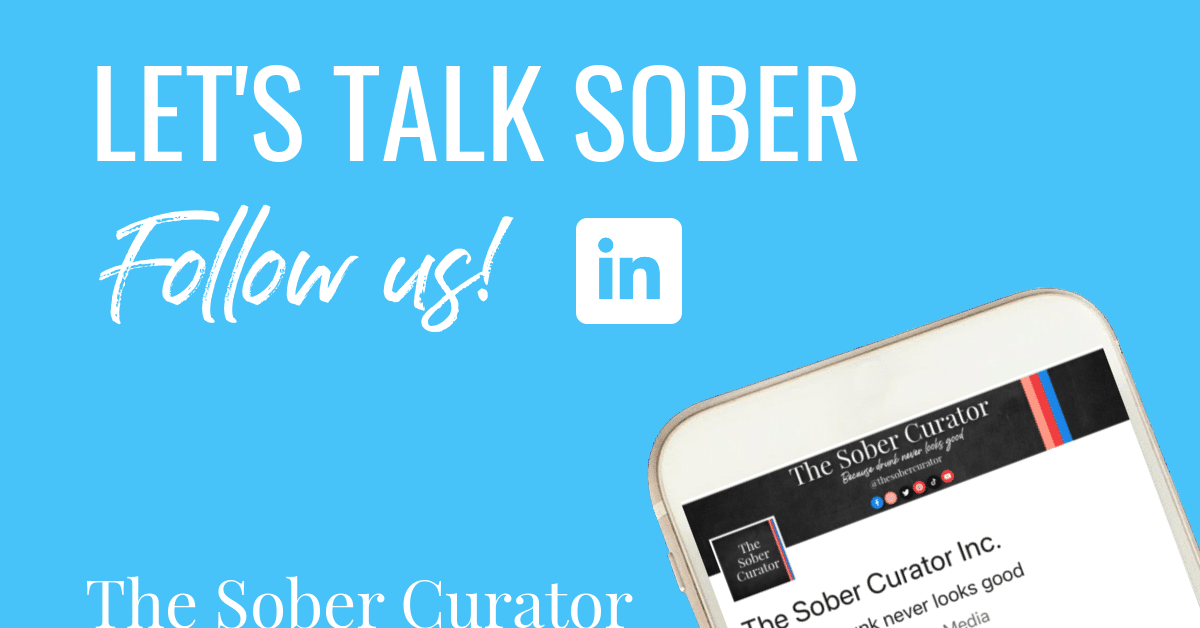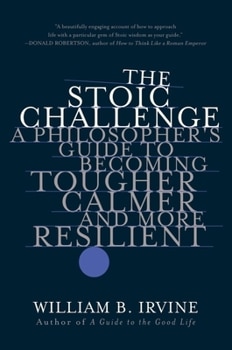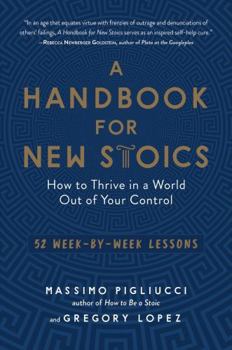
My daughter has Stargardt’s Disease.
Now, there might be a chance that you are exactly like me and have no clue what the hell that could mean. Until she had been diagnosed with it, I had never even heard of it before. And it might make sense if you, like me, have not. It is something that is thought to affect possibly 1 in every 10,000 people, while something like being bipolar, which I suffer from, is much more common, affecting 1 in 100 people. As my daughter has learned through her trials of dealing with this disease, it is so rare that she is the only person in her school to have to deal with it, a struggle that she is trying to learn to confront.
Stargardt’s Disease is a rare genetic eye disorder that causes a fatty build-up at the back of the eyes, which is responsible for central vision. What it means for an individual who suffers from it is that they slowly have to watch their ability to see what is in front of them disappear as they are only left with peripheral vision. And even though we live in this world that seems to have solutions to many of the medical problems that we face in life, an individual that has Stargardt’s Disease is left with hearing the news that there is no treatment or cure for it. Some individuals who have been affected by it have said that they had just wished they were born blind because then, at least, they would have had no idea what they were losing as their vision slowly degenerates with time.
It is difficult being the parent of a child who is dealing with Stargardt’s Disease.
You have to bring them from specialist to specialist to get them diagnosed, to begin with, only to hear that there is nothing they can do for your child. The visions of the future that you might have had for your child begin to change as you begin to wonder what their life will be like and what the future might hold for them as their vision slowly slips away. My daughter is turning sixteen in a week and a half after I am writing these words, and since we have been informed that she is considered legally blind, I will never be able to teach her how to drive a car. And with how much her vision has degenerated to this point, we have been informed that there is a possibility that she does not even see our faces any longer and only knows who we are by the sound of our voices.
But if you ask me, the worst part of finding out that your child has Stargardt’s Disease is that you discover it is because of you. It is a genetically inherited recessive disease, which means that it has to be something that comes from each of the parents. Even though I have no family history of it, I know of, and my daughter’s mother can say the same thing; we have had to come to understand through this that it is something that she got from both of us. When I learned about this part, I do have to say that there was this sense of blame and guilt that I felt on my part that I felt deep inside me for giving my daughter something that would become one of the major struggles of her life.
Now, if this was the old me, I know how I would have exactly dealt with a situation like this. I would have drunk myself into oblivion or smoked enough weed to forget. It was always my go-to solution to any challenge I had to deal with. I did not have to think about something or face an issue if I could obliterate it from my life through the consumption of whatever drug of choice suited me at the time. And when the next day came, and the issue remained, I would just do it all over again so that I could continue to forget.
But I do not think I am alone in treating life this way. I have heard the stories of others in recovery and talked to enough people to know they did the same. When you have an addiction, it can become your go-to solution for anything in life, even in how to cope with the challenges that we face.
Living a life of recovery.
However, now I am living a life of recovery. The solution that I had spent more than a decade of my life using as a way to cope with any struggles is no longer something that I can turn to. And even though drinking and drugs are no longer a part of my life, it does not mean that challenges will still not turn up. Struggle is a part of the human condition. It is something that we all experience in various ways throughout our entire life. Therefore, I needed to find a healthier way in which to handle the challenges of life in my sobriety if I was going to maintain it.
When it comes to how I handle challenges these days, there are two techniques from the Stoics that I have found to be particularly helpful.
“For every challenge, remember the resources you have within you to cope with it. Provoked by the sight of a handsome man or a beautiful woman, you will discover the contrary power of self-restraint. Faced with pain, you will discover the power of endurance. If you are insulted, you will discover patience. In time, you will grow to be confident that there is not a single impression that you will not have the moral means to tolerate.” Epictetus – Enchiridion: 10
The Stoics realized that it is the challenges in life that we face that give us the greatest opportunity to grow in character. And this should make sense. Think about your own life for a moment. Think of one of the most difficult challenges you faced in your past. What did it take for you to navigate through that difficulty? What strengths from within did you have to call upon to overcome them? How did you grow as a person through this adversity? Now, take a moment to think about when times were not so bad and when you had no difficulties or challenges to face. Did you find yourself strengthening your character and growing as a person as much through these moments?
I feel this is why the bottoms that we can experience in our journey to recovery become so significant to those of us who have dealt with addiction. Here, we are at one of the lowest parts of our lives, losing so much through the process. Yet, it is these moments in our recovery that we begin to look upon with a better perspective because of all that we gain by going through them. Not only do we gain the sobriety that becomes an essential part of our recovery, but we also begin to grow into a better human being through the process as well.
The Framing Effect
What the Stoics described would become a known psychological practice called “the framing effect.” What psychiatrists and therapists realize is that the perspective that we make of a situation will shape the emotional response that we will have to it. If we look at the challenges we face with a negative perspective, we will feel negative emotions like anger, grief, frustration, and despair. However, suppose we can look at the challenge positively as a situation in which we can grow. In that case, we have a better chance of gaining positive emotions through the experience. Of course, this is crucial for those of us in recovery as it is running away from negative emotions that were potentially one of the reasons why we would turn to our drug of choice.
Epictetus describes in the quote earlier how we can use this framing effect when it comes to the challenges we face. We need to begin to think about what we have inside of ourselves that can get us through any situation. If we find ourselves overly attracted to someone we should not be (for instance, if we are in a relationship already), then we can gain self-restraint through the experience. If we are dealing with physical or emotional pain, we can strengthen our ability to endure. If you are insulted, you can gain patience. Whenever we face some form of challenge in life, we just need to take a moment and look at the situation and say to ourselves what we will gain and how we will grow through the experience.
William Irvine wrote a book that was titled The Stoic Challenge. In this book, he describes how he began using this technique throughout his life. From dealing with canceled flights. To issues with relationships. And, even ultimately, how to handle our mortality. He discusses how we can find any difficulty that we face to be a test that we take on to persevere and grow through it. All that it takes is the technique of the framing effect to no longer see life’s challenges from a negative perspective but instead from a positive one.
“We can familiarize ourselves with the will of nature by calling to mind our common experiences. When a friend breaks a glass, we are quick to say ‘Oh, bad luck.’ It’s only reasonable, then, that when a glass of our own breaks, you accept it in the same patient spirit. Moving onto graver things; when somebody’s wife or child dies, to a man we all routinely say. ‘Well, that’s part of life.’ But if one of our own family is involved, then right away it’s ‘Poor, poor me!’ We would do better to remember how we react when a similar loss afflicts others.” Epictetus – Enchiridion: 26
Stoics realize that we can have two different reactions to the same situation. Massimo Pigluicci describes in his book A Handbook for New Stoics that we can have sympathy or empathy. When we sympathize with someone’s distress, we can care for or feel sorry for another’s grief or misfortune. However, when we empathize, we share the emotional experience with them.
As Epictetus describes in his quote above, it is almost as if we tend to go more towards sympathy when it comes to other people and see situations rationally. We can see a broken cup as just a cup and think of rational advice we can give them on handling it. If someone is in a car accident, we can see it as just a car that was wrecked, which can either be fixed or replaced. And even when it comes to the death of someone in a person’s life, we can take the perspective that this is just a part of the mortal existence.
However, in the same situation, we can find ourselves having irrational and emotional responses. If our favorite cup was broken, we might be in a bad mood for the day because of the loss of it. When our car is in an accident, it can seem like the world is conspiring against us, and we can have days on end ruined as we try to fix the situation. When we experience the death of a loved one, we can become overwhelmed with grief and see as if they were taken unfairly before their time.
What Massimo Piguicci would describe in his book is that humanity has this ability to sympathize when it comes to others handling challenges in life and think with a rational mind about the situation while at the same time self-empathizing when the same occurrence happens to them as they begin to think emotionally and irrationally. The Stoics suggest that we should create a level playing field on which we should sympathize with everyone, including ourselves. We should think of no difference in a situation when it happens to someone or ourselves.
The beauty of being able to do this is that we know what the best advice will be in any given situation. It would be the same thing that you would say to another person struggling with a similar challenge. Therefore, whenever you are facing a difficulty in life, take a moment and think about what you would say to another person who had to face the same situation as you. You may have already had this situation come across you. Things breaking, car accidents, relationships lost, the death of loved ones. These are all common occurrences you most likely have known someone to have gone through. What did you say to these people in these moments? Now, take the advice or words you might have said to them and use it on yourself.
I have never known anyone who has had a child that suffers from Stargardt’s Disease. But I have known people who have had medical issues with their children. With all the illnesses and genetic diseases out there, it is something that I have come across. Even though it is a rare disease, it still affects 1 in 10,000 individuals, so I do remind myself that there are others out there like her and other parents who have to handle this situation as well. I think of what I would say to a parent going through a similar situation with my daughter. I think of such things as ‘at least it is not life threatening’ and ‘there might be a cure someday.’ Or how I might tell someone that the world has advanced technologically, so it could be easier for her to navigate life with most of her vision lost. I picture all the things I would say to another person going through the experience that we are going through and what I would say to sympathize with them and then use those same things on myself.
I also ask myself what strengths I have inside of myself to overcome this challenge. I tell myself that I will gain patience, understanding there are no quick solutions to this problem and that only time will tell the extent of vision loss she will experience and whether a cure will be found. I remind myself that it will take courage to see this through and not run to the bottle to drown out any emotions that might be stirred up through the process. It is just another one of the many challenges I will face in life that will help me become a better person by getting through it (even though this might be a lifelong one).
My daughter is not a Stoic.
She has been navigating the various stages of grief as she has been moving towards acceptance of her diagnosis. But nothing has been stopping me from trying to have conversations with her that instill the values and techniques I have discussed throughout this writing. I have talked with her about what she has inside of her to get through what she is facing and asked her what advice she would give someone in the same situation. She responded with, “At least I am not dying.” I am beginning to notice a change for the better within her as she becomes more accepting of her new reality.
Adversity is a part of life that we will all have to face at various points. And for many of us who have struggled with addiction, we often turned to unhealthy methods in which to deal with it. But recovery is a new life and way of living, which means that it is a new way to handle the challenges we face. Try to see the positive light through the darkness of difficulties as you can become a better you through overcoming them. Sympathize with yourself and follow the advice you might give to another person who is handling a situation that is similar to yours. The best advice for you to follow will always be your advice. Once we run away from difficulty, we run with it as we become better.
Thank you for taking the time to read this writing of mine. It did serve two purposes. First, I will enlighten you on the Stoic path to handling the challenges we face. But I also needed to work through the challenge I faced as a parent with my daughter. As I have gotten through this and practiced the techniques even more thoroughly with this writing, I feel stronger and much better. So, thank you to any reader for being a part of my therapy at this moment.

THE SOBER STOIC: Derek Castleman is a writer, educator, scientist, data analyst, and philosopher. Struggling with drug addiction and alcoholism for over fifteen years while at the same time suffering from being bipolar, he was finally able to achieve recovery in 2018. From mental hospitals to rehab, county jail to sober living, 12 Step Programs would be his foundation, but he would eventually discover the path of Stoicism to be the key to his sobriety and sanity. Follow along with @thesoberstoic on Instagram and learn more about Derek HERE.

SOBERSCRIBE NOW!
Resources Are Available
If you or someone you know is experiencing difficulties surrounding alcoholism, addiction, or mental illness, please reach out and ask for help. People everywhere can and want to help; you just have to know where to look. And continue to look until you find what works for you. Click here for a list of regional and national resources.







